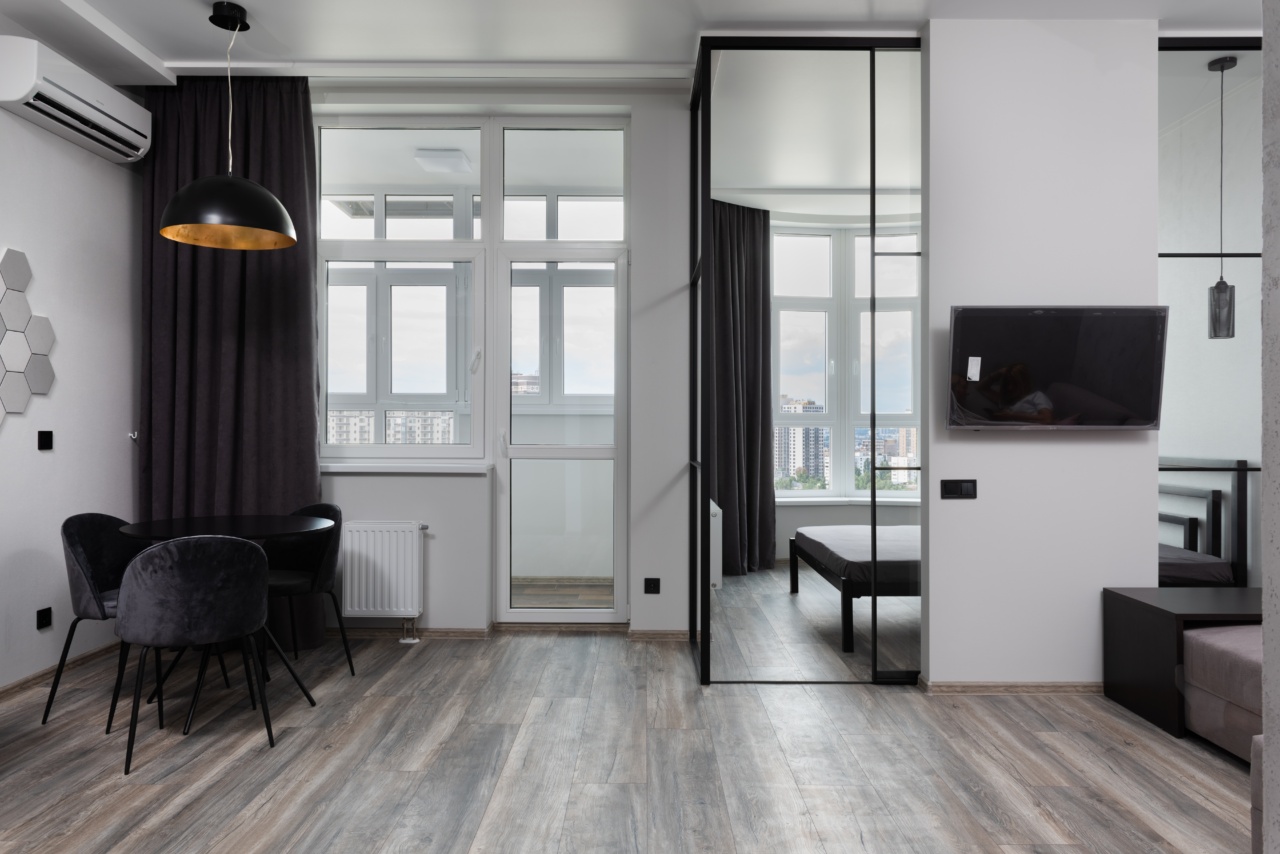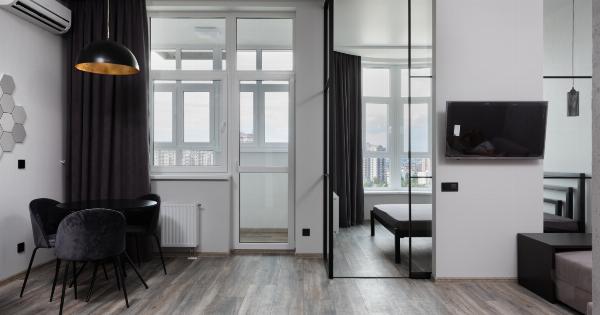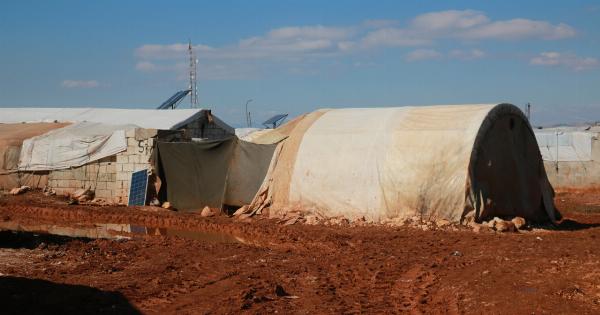Air conditioning has become an integral part of our lives. In fact, it is difficult to imagine living without air conditioning, especially during the hot summer months.
While it is true that air conditioning provides a host of benefits, it is important to ask ourselves if it is really necessary. After all, air conditioning consumes a lot of energy, and its usage has an impact on the environment. In this article, we will explore this question in detail.
Benefits of Air Conditioning
The benefits of air conditioning are well-known. It provides relief from the heat and humidity, makes the indoor environment comfortable, and helps improve air quality. Here are some of the key benefits of air conditioning:.
1. Comfort
One of the main benefits of air conditioning is that it provides comfort. It helps regulate the temperature and humidity levels indoors, making the environment more pleasant to be in.
This is particularly important during the hot summer months when the temperature can be unbearable without air conditioning.
2. Improved Air Quality
Air conditioning helps improve indoor air quality by filtering out pollutants, dust, and allergens. This is particularly beneficial for people with allergies, asthma, and respiratory problems.
It can also help reduce the spread of airborne diseases and viruses.
3. Productivity
Air conditioning can also help improve productivity in the workplace. Research has shown that people work more efficiently in a comfortable environment that is free from distractions.
By regulating the temperature and humidity levels, air conditioning can create a conducive environment for work.
Is Air Conditioning Really Necessary?
While air conditioning provides many benefits, the question remains: is it really necessary? It is important to consider the impact of air conditioning on the environment, as well as its energy consumption.
1. Impact on the Environment
Air conditioning has an impact on the environment in several ways. Firstly, it contributes to greenhouse gas emissions, which are a major cause of climate change.
The energy consumed by air conditioning units comes largely from fossil fuels, which emit greenhouse gases such as carbon dioxide and methane.
Secondly, air conditioning units use refrigerants, which are chemicals that can contribute to ozone depletion.
The use of these chemicals has been regulated under the Montreal Protocol, but there are still concerns about them leaking into the atmosphere.
2. Energy Consumption
Air conditioning consumes a lot of energy, particularly in hot and humid climates. This can lead to higher electricity bills, as well as placing a strain on the power grid.
In some cases, power outages can occur due to the high demand for electricity during peak usage times.
Furthermore, the energy required to power air conditioning units contributes to the depletion of non-renewable resources such as coal and natural gas.
This has a significant impact on the environment, both in terms of carbon emissions and the destruction of habitats and ecosystems.
Alternatives to Air Conditioning
Given these concerns, it is worth considering alternatives to air conditioning. Here are some options:.
1. Natural Ventilation
Natural ventilation involves using windows, doors, and other openings to allow air to circulate. This can be a cost-effective way to regulate indoor temperature and humidity levels.
It also has the benefit of being more environmentally-friendly, as it does not consume energy.
2. Fans
Fans can be an effective way to stay cool during hot weather. They work by circulating air around a room, which can help improve comfort levels. Fans consume far less energy than air conditioning units, making them a more environmentally-friendly option.
3. Insulation
Proper insulation can help regulate indoor temperature and humidity levels, making it easier to stay comfortable without relying on air conditioning.
Insulation can also help reduce energy consumption by preventing heat from escaping in winter and cool air from escaping in summer.
Conclusion
In conclusion, while air conditioning provides many benefits, it is important to consider the impact it has on the environment and its energy consumption.
Alternatives such as natural ventilation, fans, and insulation can be more environmentally-friendly and cost-effective options. However, in some cases, air conditioning may be necessary to maintain a comfortable indoor environment. It is up to us to strike a balance between our comfort and our impact on the environment.




























